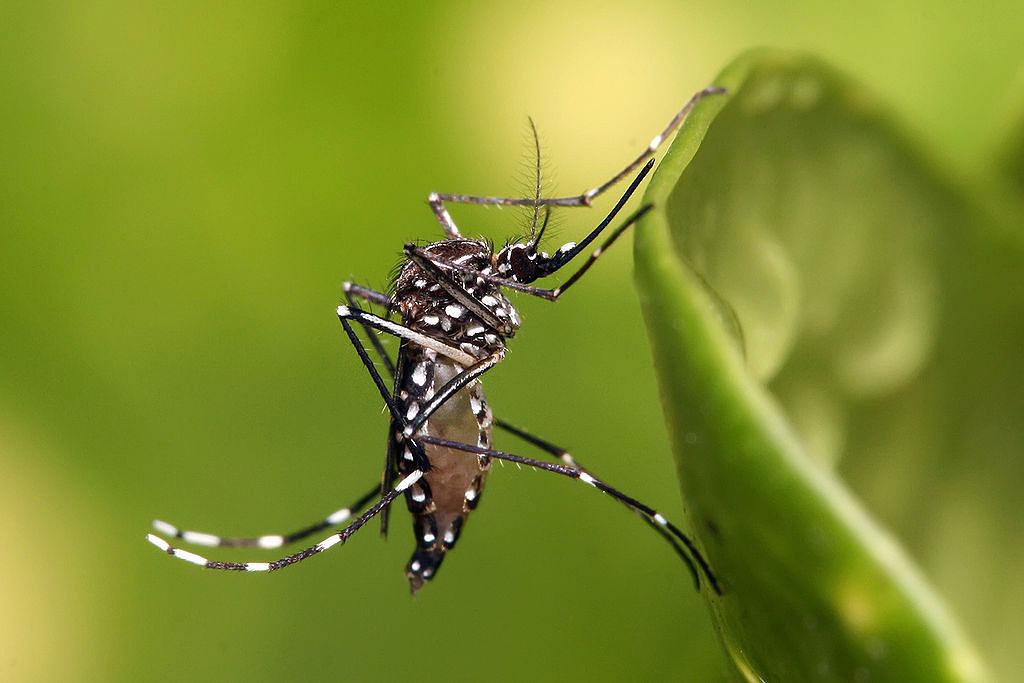First travel-related case of Zika virus confirmed in Romania

The first case of Zika virus infection was confirmed in Romania, in a 27-years-old woman who had traveled to Martinique.
The woman, who spent a week in Martinique, is in the hospital, and out of danger, according to the Ministry of Health, reports local Stirileprotv.ro. She is not allowed to get pregnant in the next eight weeks.
The Zika virus was first discovered in 1947 and is named after the Zika Forest in Uganda. In May 2015, the Pan American Health Organization (PAHO) issued an alert regarding the first confirmed Zika virus infection in Brazil. On February 1, 2016, the World Health Organization (WHO) declared Zika virus a Public Health Emergency of International Concern (PHEIC).
Zika virus spreads to people primarily through the bite of an infected Aedes species mosquito, such as Ae. aegypti and Ae. albopictus. People can also get Zika through sexual contact with an infected person, and the virus can also be passed from a pregnant woman to her fetus. The most common symptoms of Zika are fever, rash, joint pain, and conjunctivitis (red eyes), according to information posted on the Centers for Disease Control and Prevention (CDC) website.
The Romanian Ministry of Health has also published a list of recommendations for people who travel or live in Zika infected areas. For example, the Ministry mentions some of the measures people can take to prevent the virus’ transmission through mosquito bite: use anti-mosquito substances, wear long-sleeved clothing and long pants (especially during the day, when the Aedes mosquitoes are most active), install mosquito nets at their bedrooms’ windows, and turn the air conditioning in the room where they sleep.
The Ministry also mentions that condom use reduces the risk of transmitting the virus through sexual contact. Moreover, pregnant women should avoid making trips to Zika infected areas. Zika virus infection during pregnancy can cause a severe birth defect called microcephaly, as well as other serious fetal brain defects.
Romanian tennis star Simona Halep may pull out of Rio Olympics due to Zika concern
Annual anti-mosquito treatment sessions start in Bucharest parks
Irina Popescu, irina.popescu@romania-insider.com
(photo source: Wikipedia)












